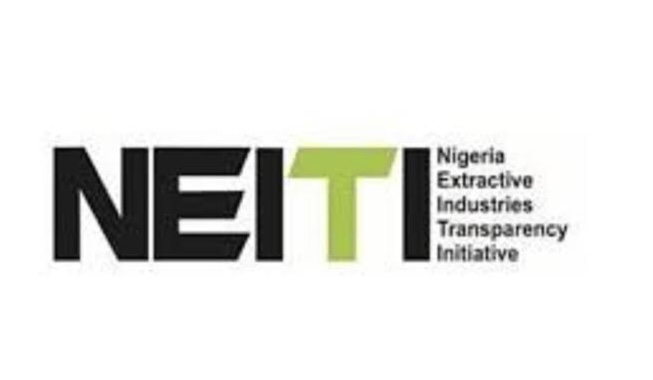BY SAM OTUONYE
The Nigeria Extractive Industries Transparency Initiative (NEITI), has averred its commitment to deepening Nigeria’s fight against corruption in the extractive subsector towards achieving a better corruption perception ranking.
The Executive Secretary of NEITI, Dr. Ogbonnaya Orji stated this on Tuesday at a Forum of Anti-Corruption Agencies to Review Transparency International’s 2024 Corruption Perception Index, stressing that
The forum provides a critical platform for reflecting on Nigeria’s performance in the recently released Transparency International (TI) Corruption Perception Index (CPI) and charting a course for sustained improvements in the nation’s anti-corruption efforts.
While noting the marginal improvement in Nigeria’s global ranking as indicated in the 2024 CPI report, the NEITI boss said much work needs to be done.
Dr. Orji attributed the marginal improvement to the ongoing reforms in public financial management, increased enforcement actions by anti-corruption agencies, and Nigeria’s commitment to strengthening institutional frameworks for transparency.
He stressed that despite the progress, Nigeria must intensify its efforts in the following areas to consolidate and accelerate its gains:
“Strengthening Enforcement and Sanctions: More visible and decisive actions against corruption cases, with an emphasis on asset recovery, deterrence, and judicial efficiency.
‘Expanding Beneficial Ownership Transparency: Full implementation of the Beneficial Ownership Register to combat illicit financial flows, money laundering, and secrecy in the extractive sector.
“Enhancing Fiscal and Revenue Transparency: Sustained reforms in budget implementation, procurement processes, and the disclosure of government revenues and expenditures, and,
“Deepening Multi-Stakeholder Engagement: Increased collaboration among anti-corruption institutions, civil society, media, and international partners to reinforce accountability mechanisms.”
Orji listed some of the ongoing initiatives by the agency in a fight against corruption to include,
“Implementation of the Extractive Industries Transparency Initiative (EITI) Standards: Strengthening reporting mechanisms to expose revenue leakages, underpayments, and opaque transactions in the oil, gas, and solid minerals sectors.
“Annual Industry Reports: Providing credible data on revenues, subsidies, crude theft, and resource governance to guide policy decisions and enforcement actions. •
“Advocacy for Policy and Legal Reforms: Engaging with policymakers to ensure that Nigeria’s legal and institutional frameworks align with global best practices in extractive sector governance.
“Automation of Transparency Processes: Deploying technology-driven solutions such as the Beneficial Ownership Portal and Open Data platforms to prevent corruption risks.”
He informed that NEITI is building a Data Center to create open access to credible information and data for civic engagements.
He reminded the gathering that the fight against corruption is a collective responsibility, therefore, the government, private sector, civil society, and citizens all have a role to play in shaping a more transparent and accountable Nigeria.
He welcomed NEITI’s collaboration with the Economic and Financial Crimes Commission (EFCC), Independent Corrupt Practices and Other Related Offences Commission (ICPC), Nigerian Financial Intelligence Unit (NFIU), Code of Conduct Bureau and the Civil Society Organisations (CSOs) in the fight against corruption in the country.
Orji noted that NEITI remains committed to supporting and collaborating with all stakeholders to ensure that Nigeria achieves not just incremental progress but a transformative leap in future corruption perception rankings.
NEITI is an agency at the forefront of promoting extractive sector transparency and accountability in Nigeria.

